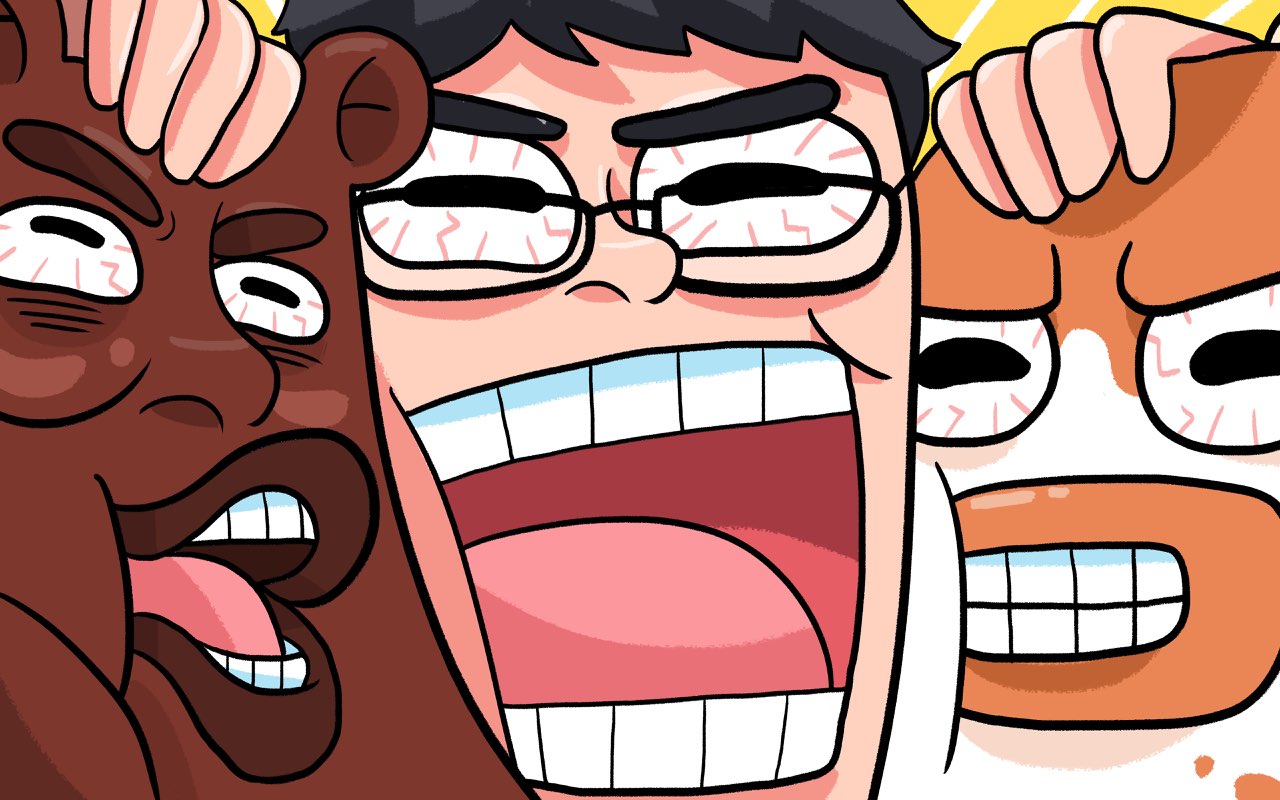JUNDO: I SPLIT THIS FROM ANOTHER THREAD AS A MASTERFUL QUESTION! 
Ryūmon, since you’re here and we’re taking podcast — is it ok if me to ask what’s up with calling Jundo a “zen master” in your podcast intro? To me that is Zenji which is such an insanely high honorific I’ve never even heard it used for a real (currently alive, I mean) human?
I thought was exclusively for dead abbots of the main Soto temples, Dogen and Keizan?
Not that our Jundo is not absolutely lovely, but since we were talking podcast it always really stuck out to me.
No offence meant to either of course, I guess maybe it’s marketing stuff to make it easier to understand for non-zen people or something?
Or am I being too dualistic? Technically, I suppose, my sofa here is also every zen master, right? )
)
Gassho,
./sat
Neil

Ryūmon, since you’re here and we’re taking podcast — is it ok if me to ask what’s up with calling Jundo a “zen master” in your podcast intro? To me that is Zenji which is such an insanely high honorific I’ve never even heard it used for a real (currently alive, I mean) human?
I thought was exclusively for dead abbots of the main Soto temples, Dogen and Keizan?
Not that our Jundo is not absolutely lovely, but since we were talking podcast it always really stuck out to me.
No offence meant to either of course, I guess maybe it’s marketing stuff to make it easier to understand for non-zen people or something?
Or am I being too dualistic? Technically, I suppose, my sofa here is also every zen master, right?
 )
)Gassho,
./sat
Neil













Comment